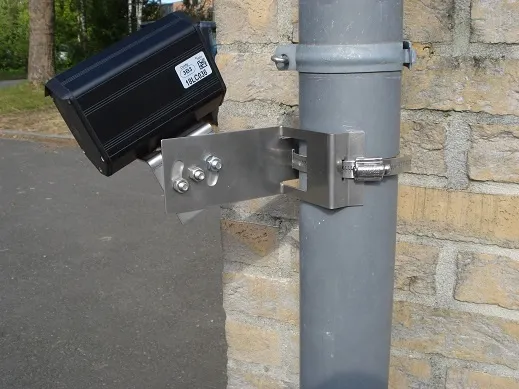Scooter-sharing company Spin is launching an initiative to involve non-profit organisations in US street safety projects.
Spin says the pilot phase of the Mobility Data for Safer Streets initiative will provide a suite of data sources, software tools and physical equipment to gather, analyse, understand and present data to make the case for a road safety initiative.
Each participant will need to deploy the technology in support of a specific street re-design/transformation project over the course of the one-year pilot. They may also consider gathering data to make the case to a city department, monitor the success of an existing project or highlight the need for a project based on an understanding of multimodal traffic in a neighbourhood.
Members will receive a year’s access to the Spin scooter and bike-share data on the Populus micromobility platform. This solution aggregates and analyses vehicle and trip data for shared bikes, scooters and cars for transportation policy and planning.
Additionally, the organisations will receive a data gathering kit which comprises a radar speed gun to track vehicle speeds and a time lapse camera for tracking slower changes to a streetscape. It also includes a bike-pedestrian count sensor for generating counts of people walking and cycling on a street segment or at an intersection.
The initiative will remain open on a rolling basis until 31 December. More information is available on the website.
Spin seeks non-profits for US street safety projects
Scooter-sharing company Spin is launching an initiative to involve non-profit organisations in US street safety projects.
Spin says the pilot phase of the Mobility Data for Safer Streets initiative will provide a suite of data sources, software tools and physical equipment to gather, analyse, understand and present data to make the case for a road safety initiative.
Each participant will need to deploy the technology in support of a specific street re-design/transformation project over the course of
October 11, 2019
Read time: 2 mins









